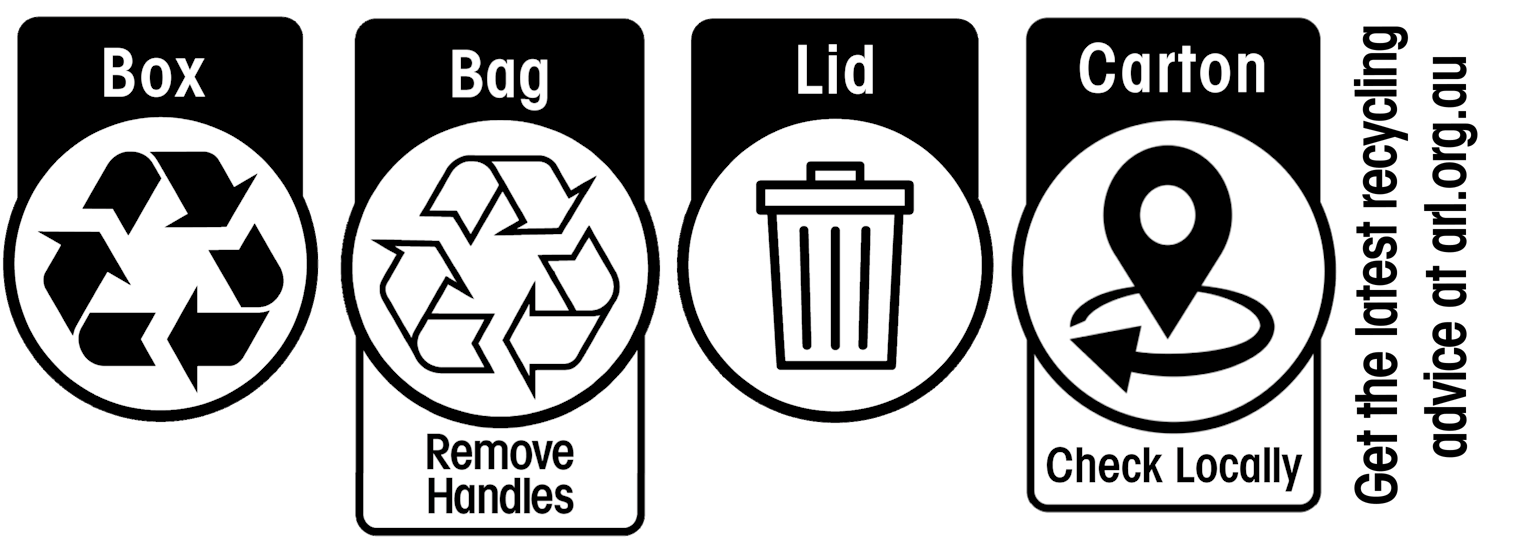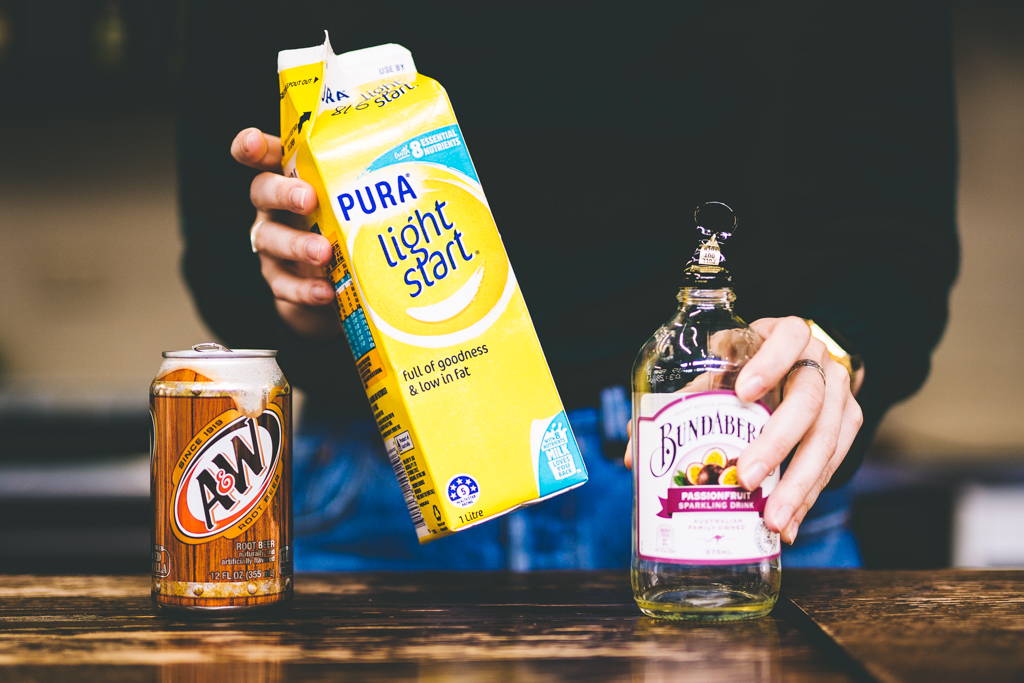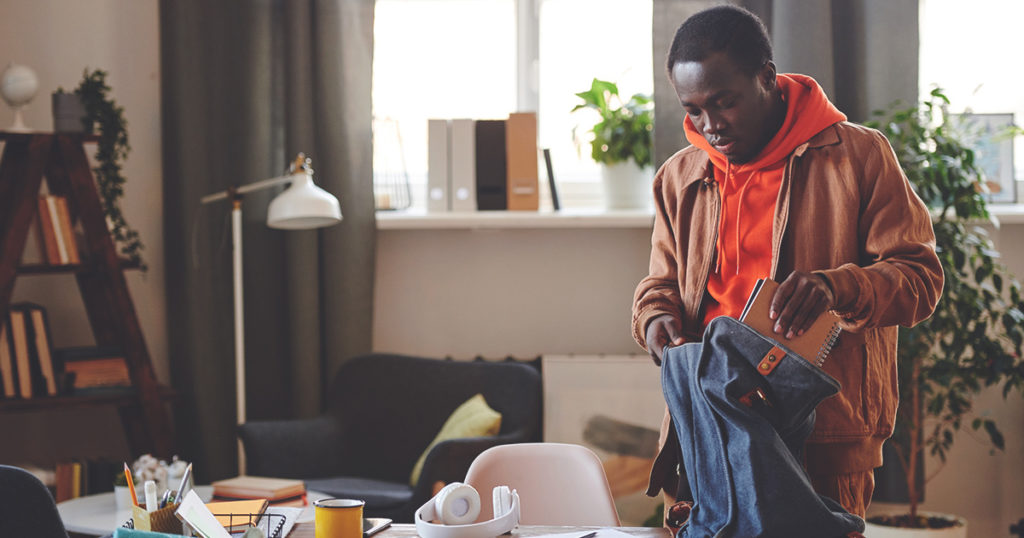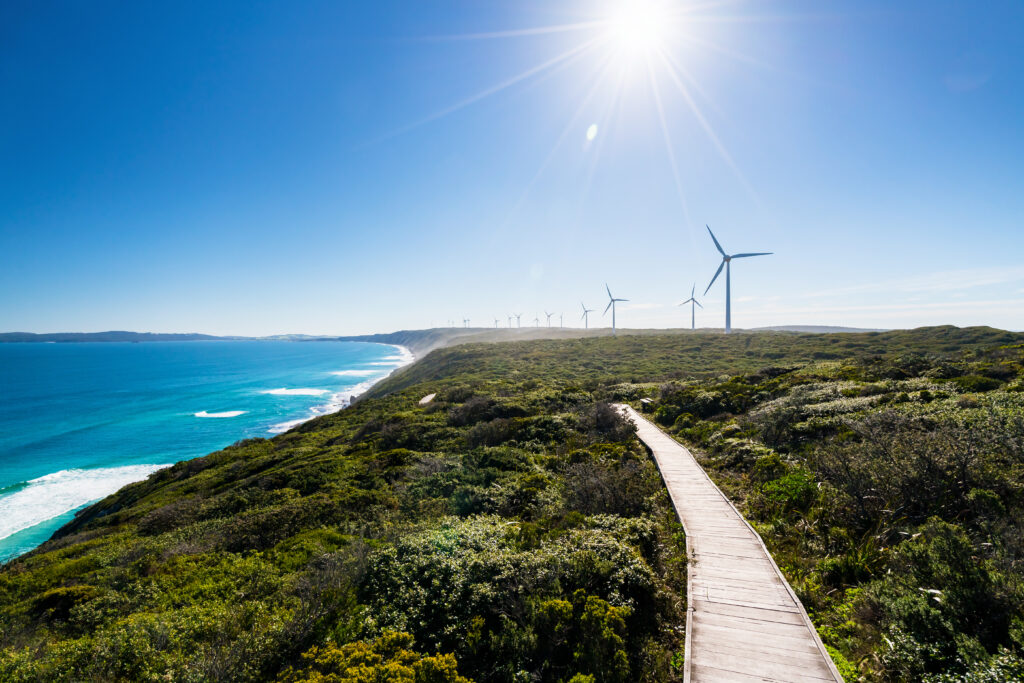If you’re looking to become more environmentally friendly, a key way of lessening your impact on the planet is to recycle. This includes recycling plastic – one of the biggest polluters – but also glass, paper, cardboard, and even electronics like computers and phones.
Research has shown that Australia consumes almost four million tonnes of plastic each year, with only 14 per cent being recycled – which goes to show how important it is to responsibly dispose of waste within your household, educational institution and workplace.
Recycling culture in Australia
The Reduce, Reuse, Recycle mantra is well known in Australia as a way of reducing the waste you produce and becoming a more sustainable student. It’s also easy to implement in your daily life.
You can reduce the amount of waste you produce by choosing products with less packaging, purchasing fewer new items, particularly things like clothing, and buying in bulk where possible.
Get into the habit of buying reusable water bottles instead of disposable containers, using metal or cardboard straws instead of plastic straws, and bringing your own reusable coffee cup rather than purchasing a new one each time.
There are several waste recycling options in Australia:
- Kerbside recycling: Local councils have regular services where they pick up your household waste. This typically occurs once a fortnight for recycling and once a week for general waste.
- Container deposit schemes: Got a lot of plastic drink containers? Earn some spare change and do the right thing by the environment by taking them to a container refund point in your state or territory.
- E-waste recycling: Items like laptops, phones, tablets, printers and hard drives can’t go in the recycling bin. Instead, take your used devices to a drop-off point for MobileMuster, TechCollect or Ecycle Solutions.
- Hard-to-recycle items: TerraCycle runs programs that allow you to recycle tricky items such as stationery, coffee pods, toiletries like toothbrushes and razors, and more. Find a community collection point near you on the TerraCycle website.
Understanding recycling bin colours
Kerbside bins in Australia generally use the following colours for different types of waste:

You should place your food waste and scraps into the green Garden Waste/Organics bin.
Individual councils might use slightly different colouring on their bins. You can search for information about recycling practices in your area on the Recycling Near You website.
What can I put in kerbside recycling bins?
Here in Australia, one of the easiest ways to properly dispose of items is to use kerbside recycling. To do this, you need to separate your rubbish and place it in the right bin. Always check with your local council to see if there are specific rules regarding bins where you live. So, what materials can go in each bin?
- General waste: Food scraps, plastic bags, polystyrene and foam packaging, crockery and other household waste
- Mixed recycling: Paper, cardboard, metal cans, milk and juice cartons, glass jars and bottles, plastic containers for products like shampoo and detergent
- Garden waste/organics: Grass, leaves and other organic material, such as food waste (including meat and bones)
If in doubt, throw it out. Placing items that cannot be recycled into the mixed recycling bin, for example, can interfere with the machine sorting process.
What plastics can be recycled in Australia?
If you’re unsure if a product can be recycled, check the packaging for the Australasian Recycling Label, or ARL. The ARL states which parts of a product’s plastic packaging can be recycled, if any, and what should go into general waste.
Check out an example of the ARL below:

The ARL also comes in handy before you buy something. If one brand uses packaging that can be recycled but another brand does not, this can help inform your purchasing choices.
Is there a fine for not recycling properly?
Although someone caught littering or illegally dumping could be fined, no one checks every item you dispose of to see if you’ve chosen the right bin.
But that shouldn’t stop you from disposing of items thoughtfully and taking other steps to reduce your impact on the environment. With the climate changing at a rapid pace, proper recycling and waste reduction is one of the easiest actions we can take to help turn things around.
If you’d like to learn more about recycling in Australia, check out organisations like Planet Ark and Clean Up Australia.





